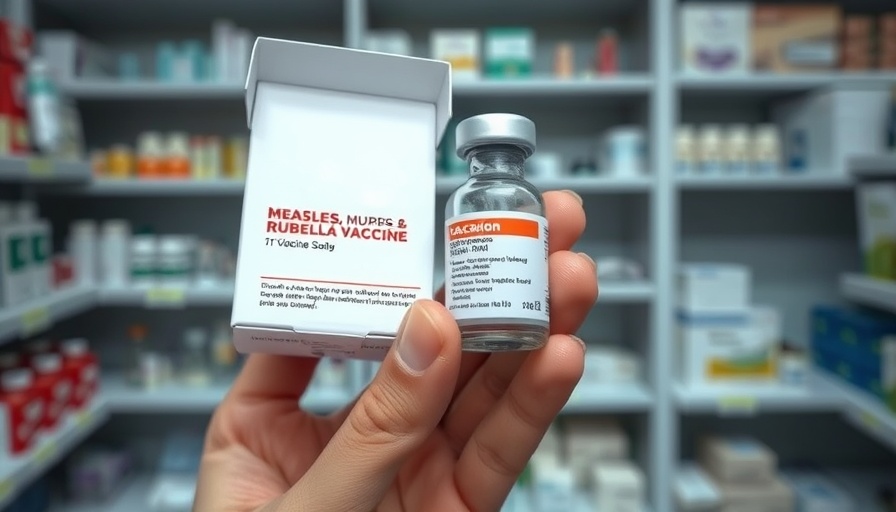
AMA and Medical Associations Cut from CDC Workgroups: What You Need to Know
In a surprising and controversial decision, more than half a dozen prominent medical organizations, including the American Medical Association (AMA) and the American Academy of Pediatrics, have been disinvited from key vaccine advisory workgroups at the Centers for Disease Control and Prevention (CDC). This move could pose serious implications for vaccine recommendations and public health.
The Impact on Vaccine Guidance
The recent decisions are expected to create a confusion over vaccination recommendations, as medical professionals and the public may encounter differing messages between government officials and their healthcare providers. As Dr. William Schaffner, a leading vaccine expert from Vanderbilt University, indicated, this fragmentation is alarming and distressing. Patients may find themselves caught in the crossfire of conflicting guidance, leading to mistrust and uncertainty about vaccines.
A Shift in Leadership and Philosophy
The CDC’s Advisory Committee on Immunization Practices (ACIP) has long relied upon these professional organizations for input and guidance on vaccine protocols. Established in 1964, ACIP plays a critical role in recommending how vaccines should be administered after FDA approval. Under the leadership of Health Secretary Robert F. Kennedy Jr., known for his controversial stance on vaccines, the entire ACIP was recently replaced, leading to concerns about the newfound direction of vaccination policy.
The Role of Trust in Public Health
The value of involving reputable medical organizations in vaccine discussions cannot be overstated. Historically, their participation has lent credibility to the recommendations made by the ACIP. A sense of trust is essential when it comes to public health initiatives, which often depend on community buy-in. With such changes, the cornerstone of trust and respect may be undermined, making it harder for healthcare professionals to communicate effectively with patients.
Future Implications for Public Health
Projected future trends indicate a rise in vaccine hesitancy, particularly among parents concerned about recommendations that may not reflect the voice of established medical authorities. As a result, health officials may need to develop new strategies for community outreach and education, aiming to rebuild that trust. Clear communication and consistent messaging will be pivotal in mitigating potential backlash and misinformation surrounding vaccination protocols.
Understanding the Repercussions
This decision has been framed as a response to the concern that organizations such as the AMA may have biases based on their member constituencies. Still, it raises the question: Who stands to benefit from insulating the ACIP from such organizations? Vaccination is a critical public health issue, and equitable access to credible information is paramount. Families, especially those with young children, stand at the forefront of this dialogue.
Historical Context and Background
To understand the significance of removing these organizations from vaccine workgroups, one must consider the historical context surrounding vaccination policy in the U.S. The CDC and ACIP have historically worked in tandem with health organizations to ensure public health messages are informed by the latest science and expert opinion. Disengaging these entities represents a departure from decades of collaborative public health policy development.
Your Role in Public Health
As discussions around vaccines and public health evolve, it’s vital for community members in Davenport, Polk County, and Central Florida to remain informed and engaged. Stay aware of upcoming changes in vaccination recommendations, and don’t hesitate to ask questions—whether it's at the doctor's office or during public health forums. Advocacy for your health and the health of your family is more crucial now than ever.
In the face of shifting narratives about vaccines, consider how this information impacts your community and your health decisions. By staying informed and involved, you can help shape a narrative that prioritizes science, empathy, and public trust.
Conclusion: Take Action for Your Health
As the landscape of vaccination recommendations changes, we encourage readers to maintain open communication with healthcare providers, advocate for clarity and transparency in public health messaging, and ensure you are informed about the vaccines available. The decisions you make today can contribute to a healthier future for yourself and your community.
 Add Row
Add Row  Add
Add 




Write A Comment